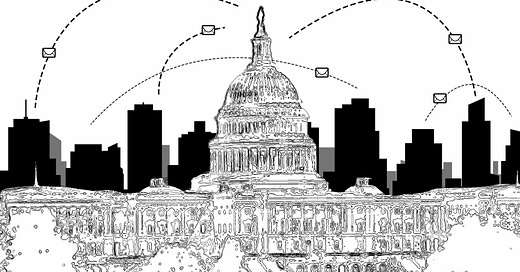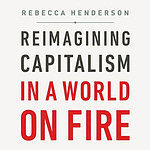Scott Morris is a Senior fellow at the Center for Global Development, where he directs the US Development Policy Program and co-directs the Sustainable Development Finance Program. He previously served as deputy assistant secretary for development finance and debt at the Treasury Department under the Obama Administration. In that capacity, he led US engagement with the multilateral development banks, as well as US participation in the Paris Club of official creditors. In this interview, Mr. Morris explains how development finance institutions like the World Bank interact with the U.S. Congress and adapt to the ever more complex situations in international economics. As the World Bank’s largest shareholder, the U.S. maintains a unique influence in shaping its agenda, and Congress has an important role both in funding U.S. contributions to the World Bank and in overseeing U.S. participation in the institution. Has the U.S. involvement been beneficial to the growth and credibility of the organization? Why not let it become more independent from U.S. influence? What role will international financial institutions play in the future of development economics? Will their roles be further diminished or become more dominant as more focus is being put on “localization” and “decentralization?” We also touch on his March presentation at Julis-Rabinowitz Center annual conference, where he started with a look at debt in low-income countries. 44% percent of low income countries are now either at high risk of debt distress or in debt distress, up from 21% just five years ago. During this time, China has emerged as the dominant creditor to the riskiest low-income countries, while the amount of low-income country debt held by development finance institutions and Paris Club lenders has decreased dramatically.
1×
0:00
Current time: 0:00 / Total time: -55:55
-55:55
Development Banks and U.S. Congress: A Deep Dive Into International Finance Institutions
Aug 10, 2020














Share this post